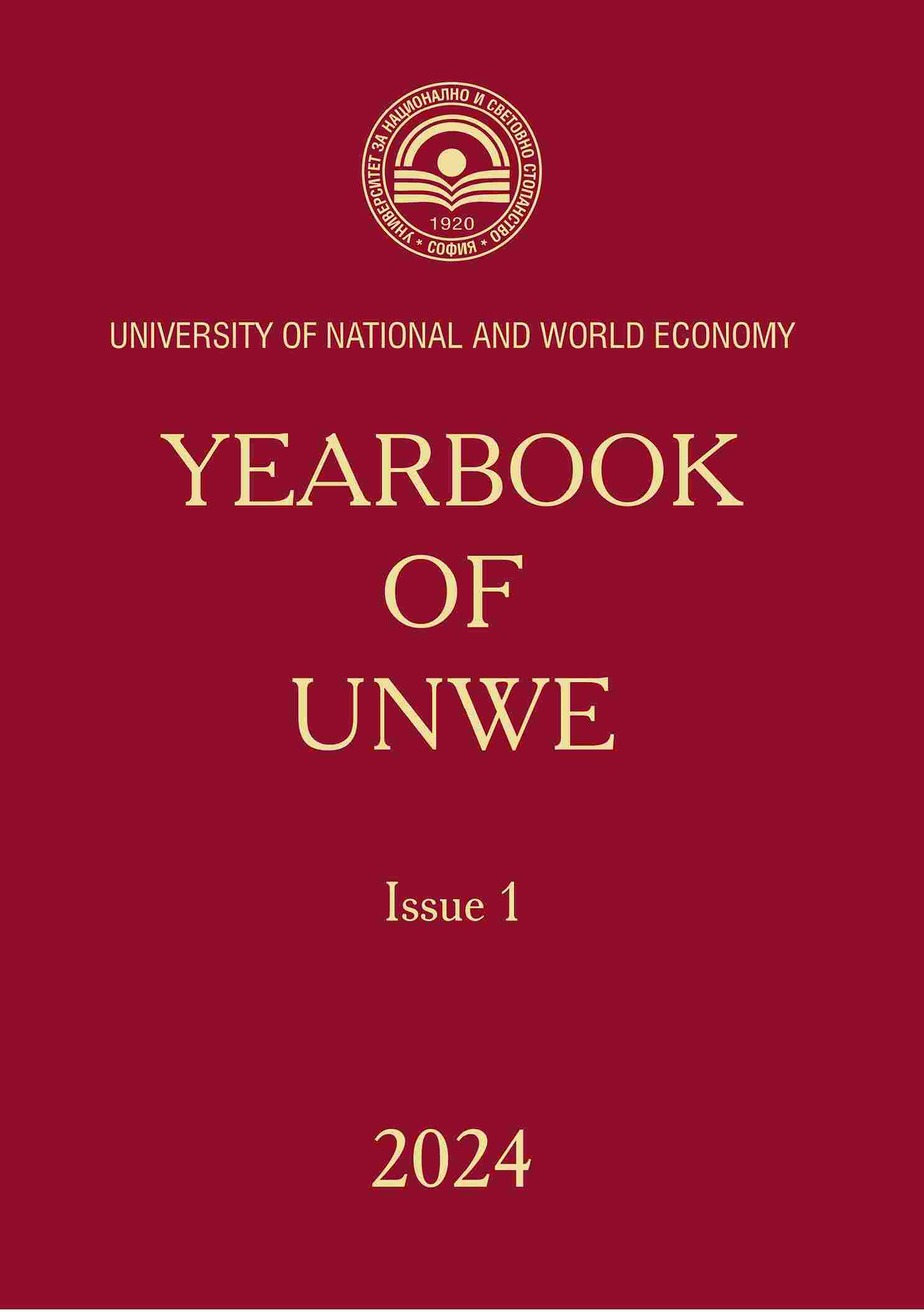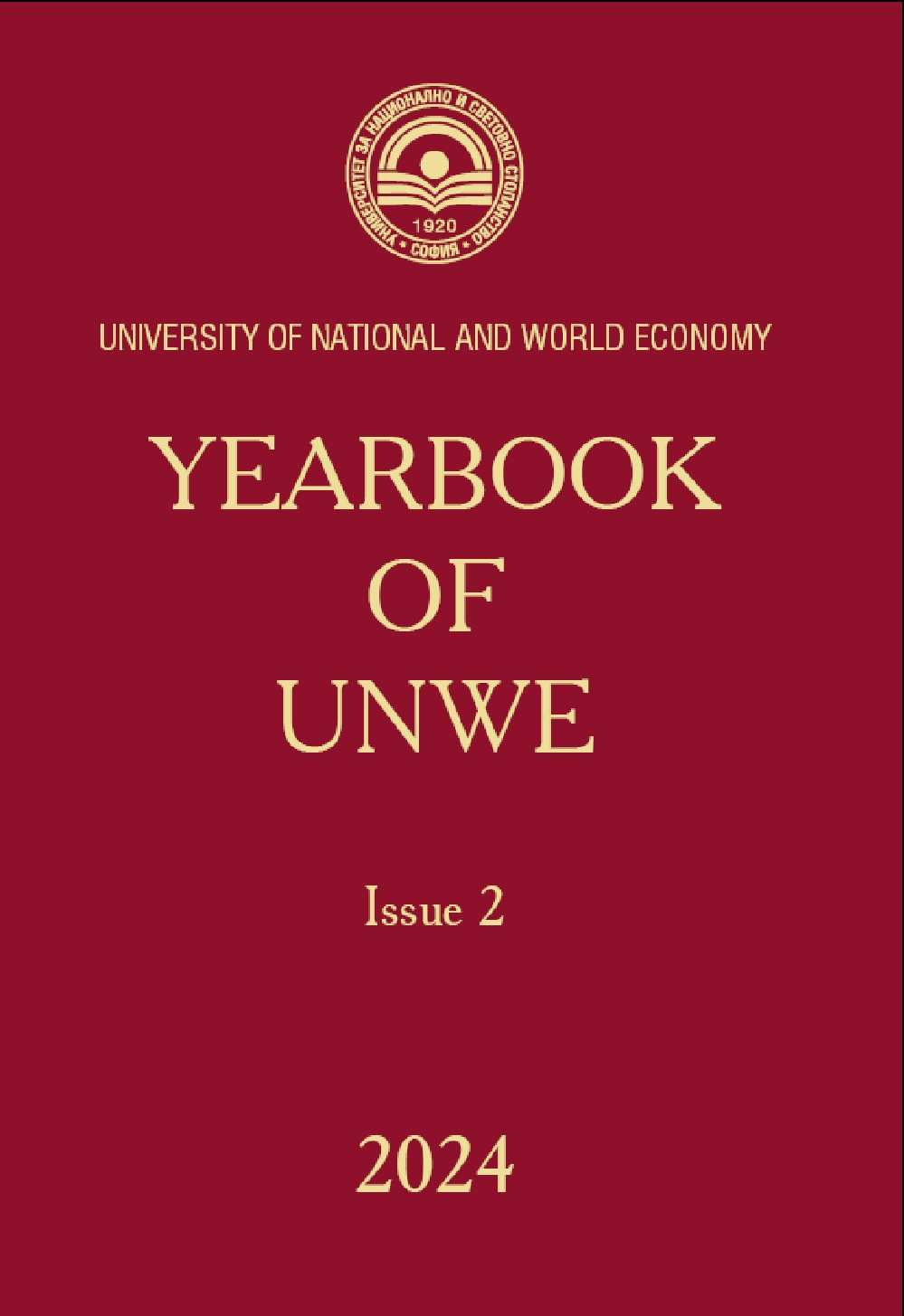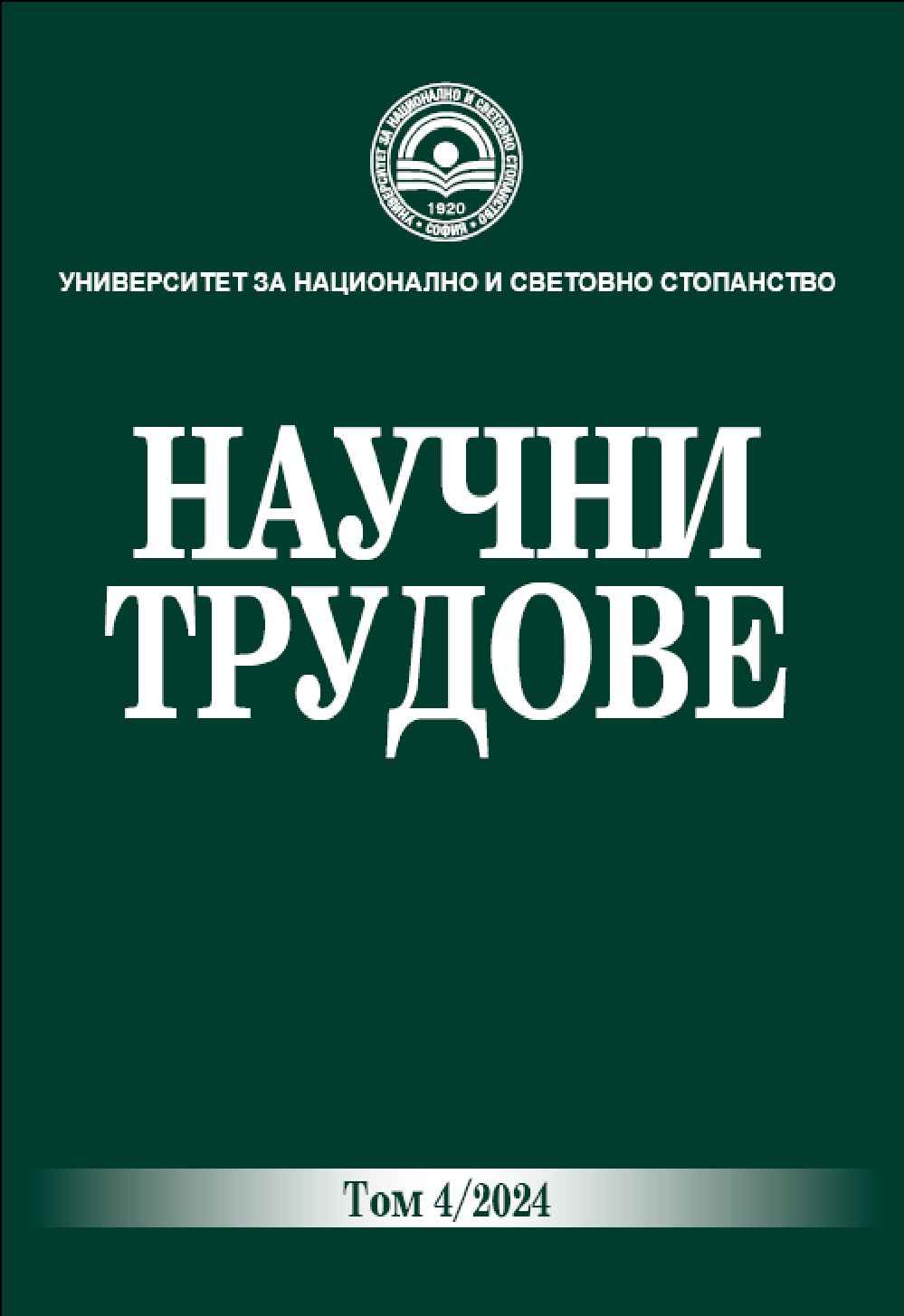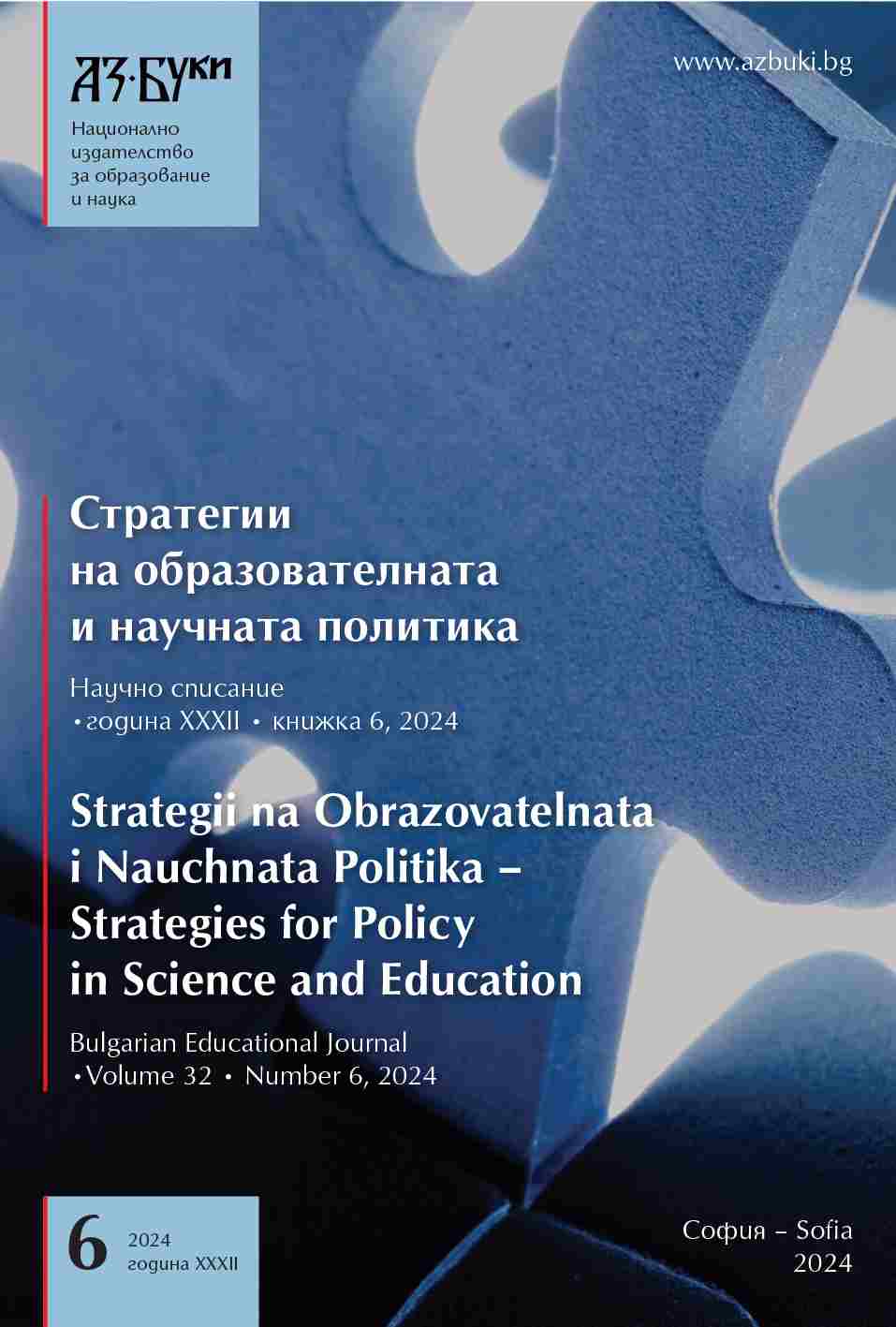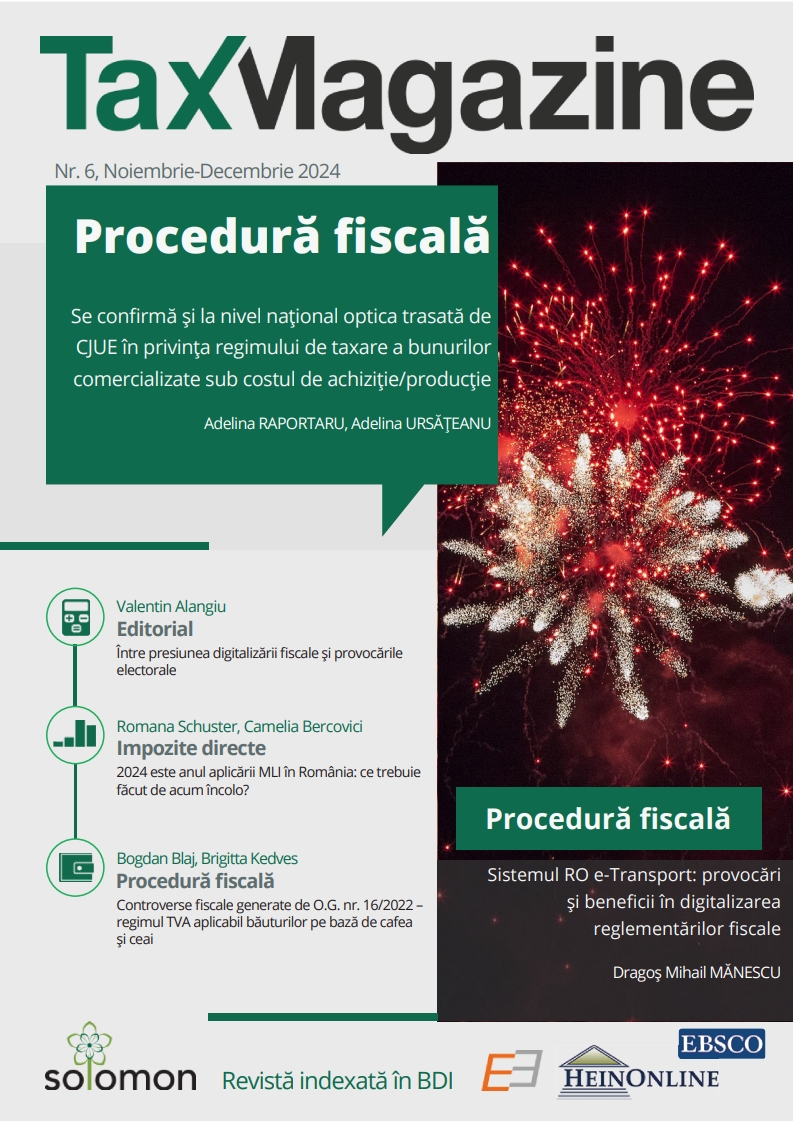
Vas strunjit în lemn (urnă de vot) din proprietatea primarului Josef Gull (1820–1899), aflat în colecția Muzeului de Istorie Sighișoara
Die Geschichte Schäßburgs ist seit Jahrhunderten mit Leben und Schaffen der Zunfthandwerker verbunden. Die Zünfte waren diejenigen, welche Maßstäbe des wirtschaftlichen, sozialen, militärischen und politischen Lebens setzten. Der Wohlstand der gesamten Stadt hing von der Entwicklung des Handwerks ab. Die Auflösung der Handwerkszünfte im Jahr 1872, führteschließlich dazu, dass das Museum deren Güter durch Spenden übernahm. So kam eine Reihe von handwerklichen Artikeln hinzu, die sich durch ihre Qualität und ihre außergewöhnliche Form auszeichnen, welche uns diese - ohne Zurückhaltung - in die Kategorie der Kunstwerke einordnen lässt. So auch bei einem gedrechselten Holzgefäß mit der Inventarnummer 514. Dieses Gefäß hat eine Höhe von 38 Zentimetern, der Durchmesser der Vase beträgt 13 Zentimeter und an ihrer Öffnung 9,5 Zentimeter. Sie hat auch einen Holzgriff, der aus dem gleichen Material ausgehöhlt wurde. Der Deckel fehlt. Außen ist sie schwarz lackiert und mit einem Emblem bemalt, das ein Schild über dem sich eine Krone befindet darstellt. Auf der Verzierung ist auch die Jahreszahl 1744 erkennbar. Aus dem von Julius Misselbacher erstellten Aktenblatt geht hervor, dass sie dem Bürgermeister der Stadt Josef Gull gehörte. Das Gefäß ist aus Holz gedrechselt und war vermutlich eine Wahlurne der Glockengießerzunft.Die Anwesenheit der auf das Drechseln spezialisierten Handwerker in Sighișoara zeigt, dass sie die notwendigen Techniken des Drechselns von Holz in Europa kannten. Die Kunstfertigkeit,mit der dieses Gefäß ausgeführt wurde, zeugt von der tiefen Kenntnis des Handwerks der Holzdreher, welche ihre Berufserfahrungen durch Reisen als Lehrburschen auf dem europäischenKontinent vertieften. Nicht zuletzt, kannte der Besitzer dieses Gefäßes die Moderichtung der Zeitund wollte sein Haus so ausstatten, wie es auch seine Zeitgenossen aus dem Westen des Kontinents eingerichteten, wobei die künstlerische Genauigkeit, mit der er dieses tat, zu der Vervollständigung unseres Bildes von der Privatsphäre und den damaligen Denkweisen beitrug.
More...

